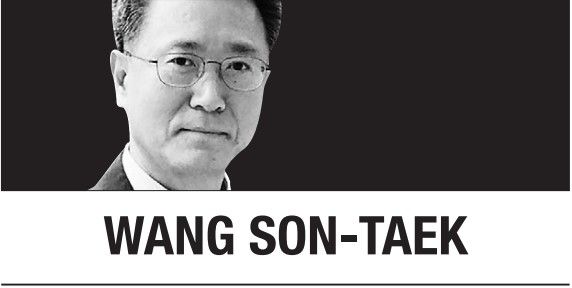 The World Congress of the International Political Science Association in Seoul, often dubbed the “Olympics of Politics,” couldn’t have come at a more critical time. With over 3,500 scholars from about 80 countries in attendance, the congress centered on the theme “Resisting Autocratization in Polarized Societies.”
The World Congress of the International Political Science Association in Seoul, often dubbed the “Olympics of Politics,” couldn’t have come at a more critical time. With over 3,500 scholars from about 80 countries in attendance, the congress centered on the theme “Resisting Autocratization in Polarized Societies.”
This theme captured the world’s most pressing concern: the global erosion of democracy. South Korea, long considered a democratic success story, recently weathered a severe political crisis when the former president led an insurrection. Yet the nation managed to restore democratic order peacefully and effectively, thanks to its resilient democratic system and politically engaged citizenry. Seoul thus provides an ideal backdrop for discussing the future of democracy and liberal values.
The core issue addressed at the conference – political polarization and autocratization – has evolved into a structural threat, manifesting across democracies at unprecedented levels. Today’s challenges stem from deeper, systemic malfunctions. To properly understand and address these issues, we must reassess the global system itself: the liberal international order established after the Cold War.
Following the Soviet Union’s collapse in 1991, a new world order emerged under U.S. leadership. The Cold War’s bipolar confrontation between the American-led capitalist bloc and the Soviet-led socialist bloc gave way to U.S.-led unipolar leadership within the liberal international order.
This new framework championed free trade, liberal democracy, and multilateral institutions. For a time, it seemed to work. Russia joined the G7 to create the G8; China entered the World Trade Organization and embraced market reforms. Many believed this convergence marked liberalism’s inevitable triumph.
But history proved more complex.
The U.S. invasion of Iraq in 2003, in the wake of 9/11, exposed the limits of American leadership. The 2008 global financial crisis further undermined neoliberal globalization’s legitimacy. By the time U.S.-China strategic competition erupted in 2018, it was clear that U.S. leadership within the liberal order had been significantly weakened.
The economic dimension was the first to crack.
The neoliberal model underpinning globalization prioritized deregulation, privatization, and the free movement of capital, goods, and labor. This model largely ignored individual states’ unique histories, cultures, and geopolitical contexts. For global capitalists – particularly those in the U.S. – this was a golden era of expansion. For ordinary citizens in both developed and developing nations, it meant widening inequality, job insecurity, and the erosion of local industries. While GDP grew, so did the gap between rich and poor.
In countries like the United States and China – two engines of global economic growth over the past 35 years – globalization’s benefits were concentrated among a select few. Tech giants in Silicon Valley and Wall Street financial elites reaped enormous gains, while working-class families faced economic stagnation.
The backlash was inevitable. Feeling betrayed and excluded, people turned to populist leaders who promised to “take back control.”
This economic dislocation bled into politics. Globalization diminished the importance of national borders and weakened the traditional state-centered model of governance, as transnational institutions and corporations gained prominence.
Political parties, instead of serving the national interest, retreated into factional bases. This gave rise to what can be called “political tribalism” – a form of identity-based partisanship with narrow group loyalties. Donald Trump’s 2016 election victory exemplified this trend. His success rested on dividing the electorate into opposing camps and mobilizing resentment, rather than offering a unifying vision of national progress.
At the social level, the liberal order’s weakening consensus eroded the idea of society as a cooperative space. Instead of fostering solidarity and shared purpose, people were recast as competitors – rivals in a zero-sum struggle for resources, recognition, and power. In this climate, norms of political correctness and protections for minority groups inevitably weakened. The social contract frayed. Trump’s 2024 reelection, despite his overtly racist and divisive rhetoric, underscored the depth of this rupture.
Collectively, these developments suggest that the chaos of our time is not coincidental. It is the product of structural contradictions within the liberal international order. The question now is not whether the liberal order is in trouble – it clearly is – but whether it can be saved and reformed.
Rather than abolishing the liberal order, we should strive to revise it.
Unlike artificial, imposed systems, the liberal order developed organically from the moral and institutional aspirations of modern humanity: freedom, rule of law, market economy, capitalism, and international cooperation. Its foundational values remain sound, if not instinctive. What needs correction are the mechanisms and assumptions that allowed inequality, tribalism, and institutional decay to fester.
Economically, a renewed liberal order must recognize that unregulated free trade can exacerbate national vulnerabilities.
Trade must be fair as well as free. This may require reintroducing safeguards for domestic industries, enforcing global standards on labor and taxation, and curbing the monopolistic power of transnational tech giants.
Politically, the state must be reempowered to restore accountability, protect citizens, and manage globalization more equitably. National institutions, far from being relics, are crucial to sustaining democracy. Moreover, political correctness and minority protections should not be framed as elitist impositions, but as democratic imperatives. Diversity is not only a moral principle – it is a source of creativity, innovation, and long-term national strength.
Reforms should be approached through collective, multilateral action.
Global problems – from climate change to digital governance – cannot be solved by unilateralism or nationalism. We need a coordinated and integrated project to revise the liberal order. Scholars, policymakers, and civil society leaders around the world must collaborate on shared reform agendas, institutional redesign, and the provision of global public goods.
Let the Seoul congress be remembered not only as a venue for diagnosing the world’s democratic ailments, but also as the birthplace of “Liberal International Order 2.0” – a reformed, resilient, and morally grounded framework for the 21st century.
Wang Son-taek
Wang Son-taek is an adjunct professor at Sogang University. He is a former diplomatic correspondent at YTN and a former research associate at Yeosijae. The views expressed here are the writer’s own. – Ed.


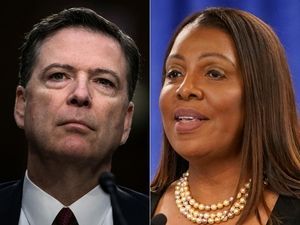
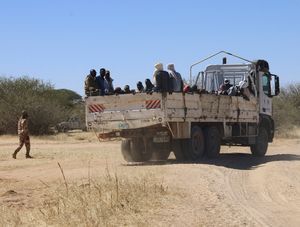
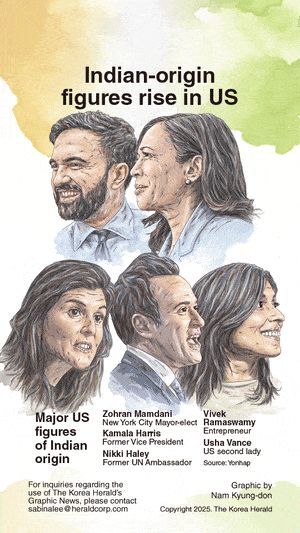
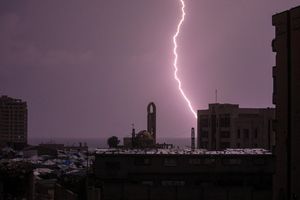
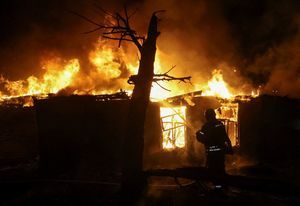
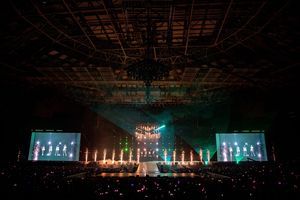

Most Commented